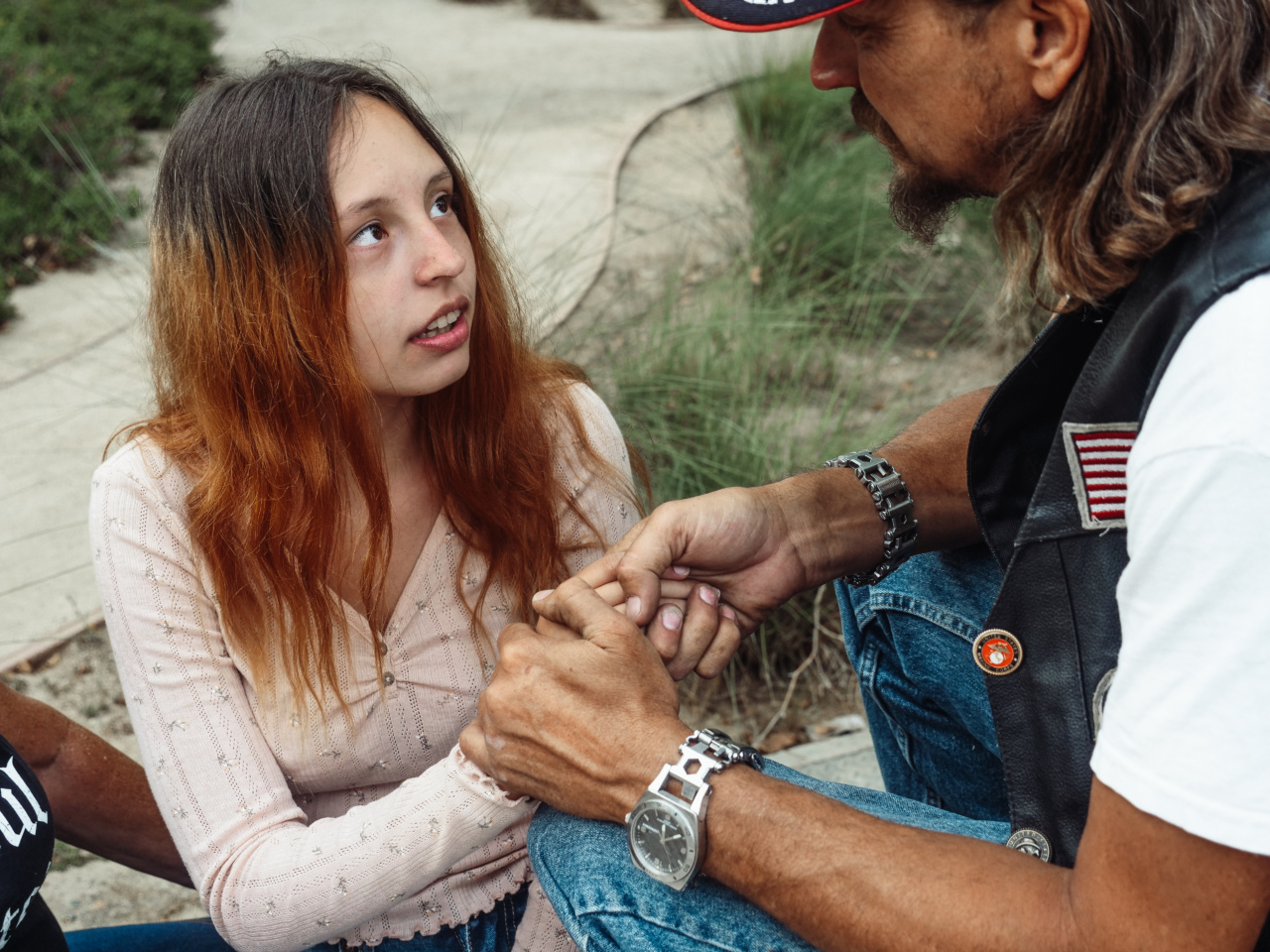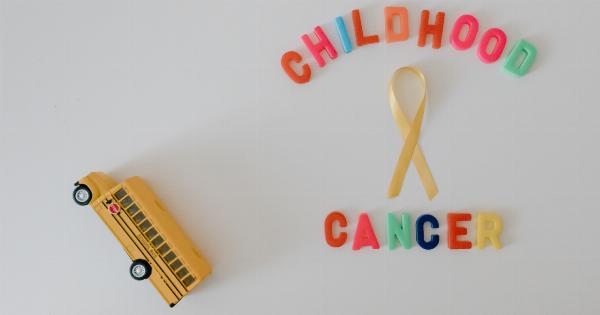Childhood cancer can have a profound emotional impact on both the child and their family. The diagnosis and treatment journey can be overwhelming, filled with fear, sadness, and uncertainty.
It is crucial for parents and caregivers to understand the emotional challenges that their child may face and provide appropriate support throughout the process. This article aims to shed light on the emotional impact of childhood cancer and provide practical tips for supporting your child and family.
Understanding the Emotional Challenges
Receiving a cancer diagnosis is a life-altering event for any child and their family. Here are some of the emotional challenges they may encounter:.
1. Fear and Anxiety
The fear of the unknown can be overwhelming for both the child and their family. They may worry about the treatment process, side effects, and the uncertain future. It is essential to validate their fears and provide reassurance whenever possible.
Consult with the medical team to gain a better understanding of the treatment plan and outcomes to alleviate anxiety.
2. Sadness and Grief
A cancer diagnosis brings immense sadness and grief to children and their families. They might mourn the loss of a “normal” childhood and miss out on typical experiences due to treatment.
Allow them to express their sadness and provide a safe space to grieve. Encourage open communication and offer professional counseling if necessary.
3. Anger and Frustration
Children with cancer may experience anger and frustration due to the physical discomfort caused by the illness and treatment. Additionally, they might feel frustrated about the impact it has on their daily life.
Encourage them to express their emotions constructively and provide outlets for releasing anger, such as art therapy or physical activities.
4. Loneliness and Isolation
Childhood cancer can make a child feel isolated from their peers due to prolonged hospital stays, missed school days, and physical changes. They might struggle with a sense of belonging and social isolation.
Helping them maintain connections with friends and engaging in age-appropriate activities can mitigate feelings of loneliness.
Supporting Your Child and Family
As a parent or caregiver, your support plays a vital role in helping your child cope with the emotional challenges of childhood cancer. Here are some strategies:.
1. Open and Honest Communication
Encourage open and honest communication about their feelings, fears, and concerns. Create a safe space where they can express themselves without judgment.
Answer their questions truthfully using age-appropriate language, ensuring they understand the situation.
2. Provide Reassurance
Reassure your child that they are not alone in this journey. Let them know that you will be there supporting them every step of the way. Offer words of comfort and remind them of the medical team’s expertise dedicated to their well-being.
3. Involve the Medical Team
Build a collaborative relationship with the medical team treating your child. Seek their guidance to better understand the treatment plan and its potential side effects.
This knowledge will help you provide accurate information and dispel any misconceptions your child may have.
4. Encourage Peer Support
Connect with support groups or organizations catering to families dealing with childhood cancer.
These groups offer a platform for children and parents to share their experiences, seek advice, and form valuable connections with others facing similar battles.
5. Empower Your Child
Empower your child by involving them in decisions regarding their treatment and care whenever possible. This empowers them, boosts their self-esteem, and gives them a sense of control over their own lives.
6. Prioritize Self-Care
It is crucial to prioritize self-care for both you and your family. Take breaks, connect with your support network, engage in activities that bring you joy, and seek professional help if needed.
When your own emotional well-being is intact, you can better support your child.
7. Read Stories of Hope
Reading stories of children who have successfully overcome cancer can bring hope and inspiration to your child. These stories can help them see that they are not alone in their journey and that many children have fought and won against cancer.
8. Celebrate Milestones
Celebrate your child’s milestones and achievements, no matter how small they may seem. Recognize their courage and resilience throughout their cancer journey.
This positive reinforcement can boost their morale and motivate them to continue fighting.
9. Seek Professional Support
If you notice prolonged or severe emotional distress in your child, it may be beneficial to seek professional support. Child psychologists or therapists specializing in pediatric oncology can help your child navigate their emotions effectively.
10. Foster Normalcy
While the treatment process can be all-consuming, strive to maintain a sense of normalcy in your child’s life. Encourage them to engage in age-appropriate activities, spend time with friends, and pursue hobbies they enjoy.
These moments of normalcy can provide much-needed respite and happiness.
Conclusion
The emotional impact of childhood cancer is significant, both on the child and their family.
By understanding the emotional challenges and providing necessary support, parents and caregivers can help their child navigate their cancer journey with resilience and hope. Remember to prioritize self-care and reach out for professional support when needed. Together, we can support our children in their battle against cancer and create a nurturing environment for their emotional well-being.





























